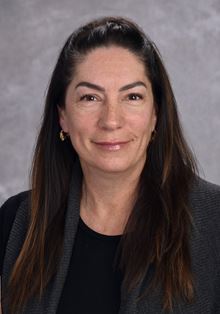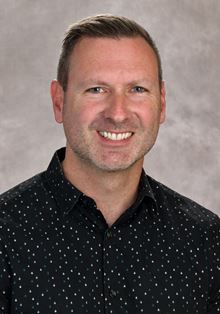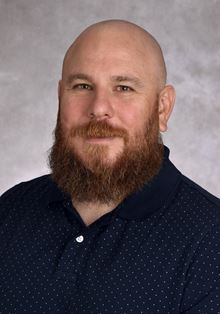3791-3800 of 4169 Results Found
Pediatric Epilepsy Monitoring Unit (PEMU)
Pediatric Epilepsy Monitoring Unit (PEMU) Home Pediatric Epilepsy Monitoring Unit (PEMU) PEMU Nurses’ Station: 602-933-8810 PEMU Scheduling: 602-933-1642 The Pediatric Epilepsy Monitoring Unit (PEMU) is a specialized unit designed to evaluate children …

Language Assistance
ATTENTION: If you speak a language other than English, you have free language assistance services at your disposal. Call 602-933-1000. Phoenix Children's Hospital complies with applicable federal civil rights laws and does not discriminate on the basis of race, color, country of
Leadership
Leadership Home Leadership Jordana Fox, DO Program Director As the Program Director of Pediatric Clinical Neurophysiology Fellowship, I would like to welcome all those interested in training opportunities at Barrow Neurological Institute at Phoenix …
Language Assistance - 語言幫助
注意:如果您說普通話,您可以免費獲得語言協助服務。請致電602-933-3348。 鳳凰城兒童醫院遵守適用的聯邦民權法律,不會因種族,膚色,原籍國,年齡,殘疾或性別而歧視。鳳凰城兒童醫院不會因人種,膚色,原籍國,年齡,殘疾或性別而將人們排除在外或對待他們。 鳳凰兒童醫院: 為殘疾人提供免費幫助和服務,以便與我們進行有效溝通,例如: 訓練手語翻譯。 以其他格式(大字體,音頻,可訪問的電子格式,其他格式)編寫的信息。 為母語不是英語的人提供免費語言服務,例如: 訓練有素的口譯員。 以其他語言撰寫的信息。 如果您需要接收這些服務,請致電602-933-3348

Language Assistance - Hỗ Trợ Ngôn Ngữ
Chú ý: Nếu bạn nói tiếng Việt, bạn có dịch vụ hỗ trợ ngôn ngữ miễn phí theo ý của bạn. Gọi 602-933-3348. Bệnh viện Nhi đồng Phoenix tuân thủ luật dân quyền hiện hành của liên bang và không phân biệt đối xử dựa trên chủng tộc, màu da, quốc gia xuất xứ, độ tuổi, khuyết tật hoặc

Language Assistance - Msaada wa Lugha
Tazama: Ikiwa unasema Kiswahili, una huduma za usaidizi wa lugha za bure unazoweza. Piga simu 602-933-3348. Hospitali ya Watoto ya Phoenix inakubaliana na sheria za haki za kiraia zinazohusika na hazitambui kwa misingi ya rangi, rangi, nchi ya asili, umri, ulemavu au ngono

